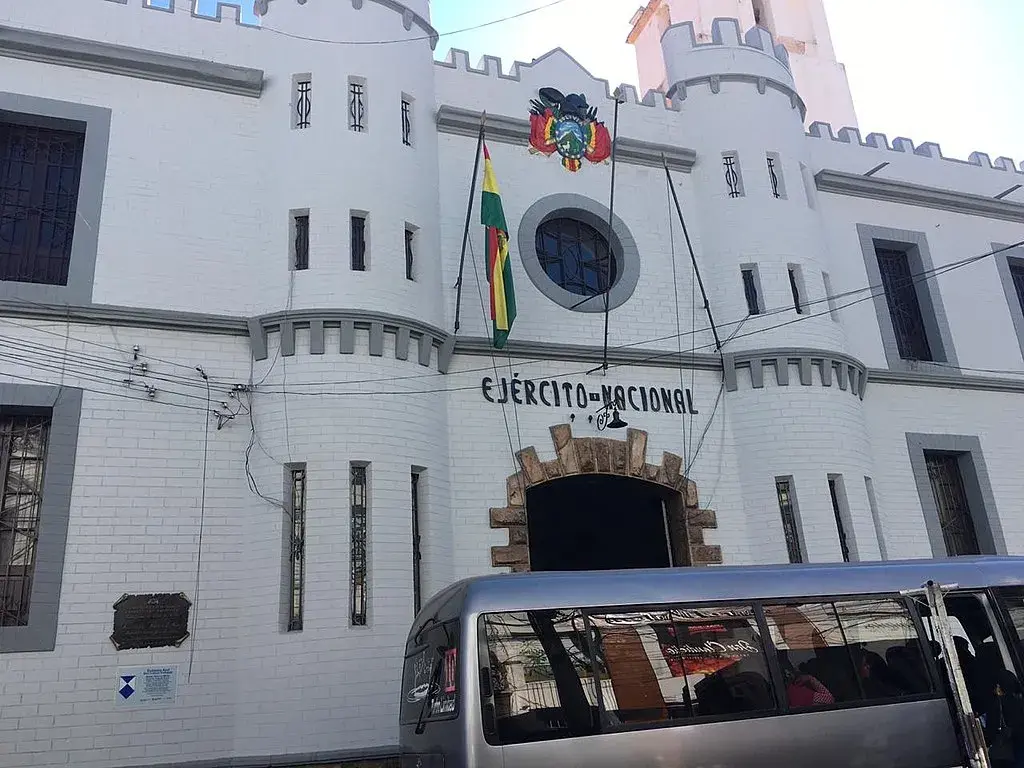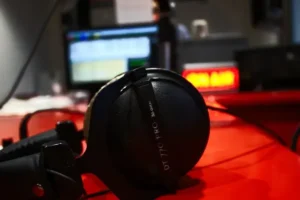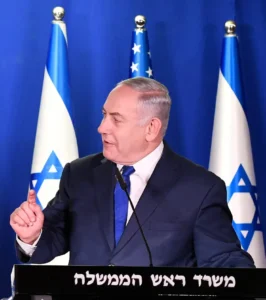Five Bolivian soldiers were brutally killed by drug traffickers in a border area, sparking outrage and concern over the security situation in the country.

Bolivia is in shock after a horrific crime that took the lives of five members of the Bolivian Army last Thursday near Villamontes, about 90 kilometers from the border with Argentina. Second Lieutenants Yamil Argani and José María Romero, and Sergeants Braulio Pacaje, Vladimir Pacasi and Ruddy Medoza, were burned alive inside their vehicle after being attacked by a criminal organization.
At first, it was believed that the fire was the result of a traffic accident, but the Vice Minister of Fight against Smuggling, Daniel Vargas, rejected this hypothesis and declared that what occurred was a deliberate criminal act, a sign of the violence that the armed forces face in their fight against smuggling and drug trafficking. The official also said that “a deployment of military intelligence groups is being done to find the culprits of this atrocity.”
The country was appalled by the extreme cruelty of the deaths of the five soldiers. A police source said that the slain uniformed men were part of an operation to combat illegal activities in the Bolivian border areas and that on the day of the crime they were pursuing a vehicle carrying illicit chemical substances.
Witnesses said that the military truck was pushed off the road and flipped over. The assailants used the chaos after the accident to disarm the soldiers, pour gasoline on them and light them on fire. After the murder, the drug traffickers escaped, leaving behind gasoline bottles as evidence of the horror.
Later, one of them boasted about the crime, which was captured in one of the several audios that, for an unknown reason, ended up on social networks and reached police ears. “These thugs make people cry so much, they are burning like the dogs they are,” is heard in one of these recordings, which were played by the media.
The international community has turned its attention to Bolivia, especially considering the current situation of Ecuador, where drug trafficking has gained considerable power.
The opposition says that Bolivia has similar economic, social and institutional weaknesses as Ecuador, and that the Government of Luis Arce is not taking the necessary actions to prevent drug traffickers from taking control of public institutions, especially the police and prisons.
These organizations are armed and, occasionally, react with fire and death to military brigades that try to stop convoys with smuggled goods, which sometimes include the chemical precursors needed for the production of cocaine.
Although the opposition alerts about similar weaknesses that could be exploited by organized crime in Bolivia, the Arce government maintains that the presence of large international mafias is not comparable to the Ecuadorian situation.
Bolivia, however, is the third largest producer of cocaine in the world, after Colombia and Peru, with more than 300 tons of the drug placed on the market according to 2021 estimates by US authorities.
Last year, the country acknowledged that it not only produces the “base paste” of the drug, but also the hydrochloride or refined cocaine. A week ago, the Government made one of the largest seizures in history, confiscating 8.7 tons of cocaine that were heading to Chile to be shipped from there to the Netherlands.
After the attack against the military, Samuel Doria Medina, businessman and opposition leader, stated on social networks that “the Government must rigorously punish the perpetrators of this crime to prevent drug traffickers from taking over the country in the long term.”







